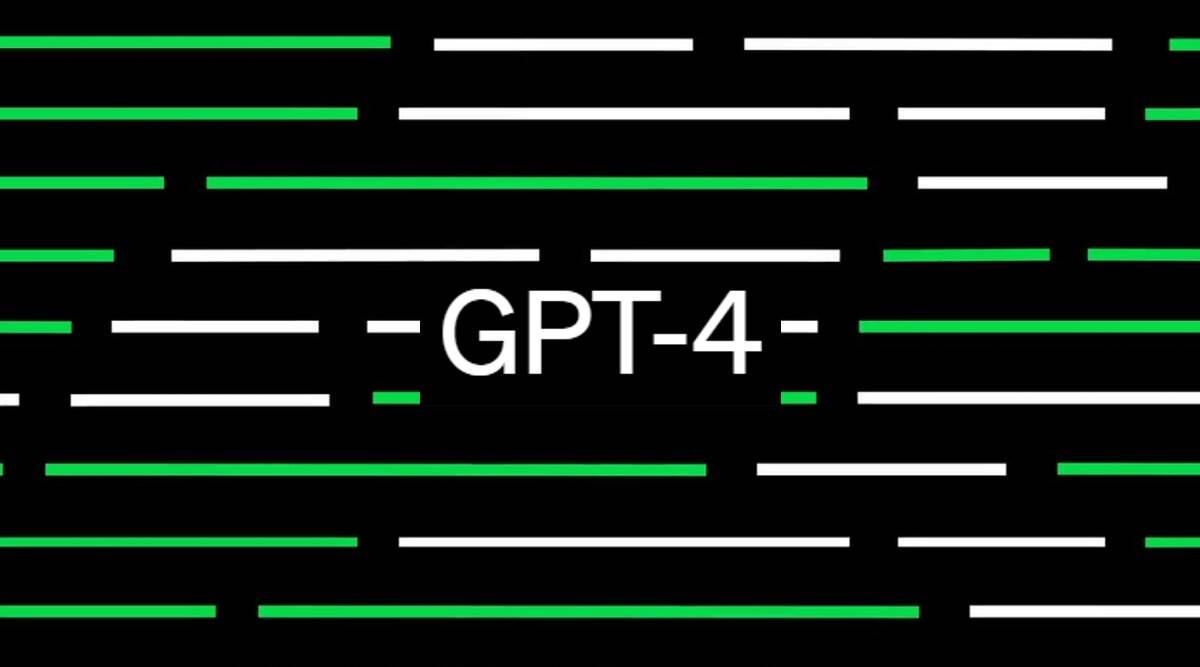The long-awaited successor to ChatGPT is now available, promising “human-level performance” on exams of the same calibre as those used in academic institutions.
The newest edition of OpenAI’s AI-powered chatbot, GPT-4, was described as a “milestone” in the development of deep learning, which mimics how people learn.
“We’ve spent 6 months iteratively aligning GPT-4 using lessons from our adversarial testing program as well as ChatGPT, resulting in our best-ever results (though far from perfect) on factuality, steerability, and refusing to go outside of guardrails,” the San Francisco-based company said in a blog post on Tuesday.
Microsoft-backed OpenAI claims the next version of its AI-driven chatbot is a “multimodal” model that can produce material in response to both visual and textual instructions.
OpenAI President Greg Brockman demonstrated GPT-4 building a genuine website from scratch from a hand-drawn mockup in an online demonstration. According to OpenAI, the update is now capable of passing the bar exam for aspiring attorneys with a score in the top 10% of applicants, as opposed to the bottom 10% of test-takers earlier.
According to OpenAI, the chatbot can also outperform 90% of humans on the verbal and evidence-based reading and writing portions of the Graduate Record Examination, which are required for entrance to postgraduate study. According to the business, GPT-4 is also significantly less likely than ChatGPT to provide incorrect, disrespectful, or insulting replies.
“We worked on making GPT-4 safer and more aligned for six months. GPT-4 is 40% more likely to produce factual responses and 82% less likely to react to requests for content that is prohibited, according to OpenAI.
However, according to OpenAI, GPT-4 is still “not totally dependable” and is still capable of giving “hallucinatory” or erroneous, unexpected results. With the introduction of ChatGPT by OpenAI in November, the IT industry was rocked, raising existential concerns about the future of industries including education, journalism, and healthcare.
Google, Microsoft, Huawei, Alibaba, and Baidu are just a few of the digital giants racing to release their own versions of the technology in the midst of a fierce arms race to rule the booming AI industry.
